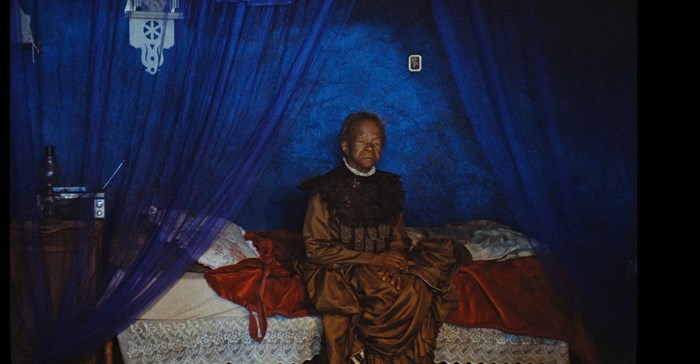
Related



Lights. Camera. But very little action. Why?
Nimrod Geva 4 Feb 2026


All the 2025 SA TikTok Ad Awards winners
22 Jan 2026

Top stories






More news

Marketing & Media
Ads are coming to AI. Does that really have to be such a bad thing?















The screenings which now include the two Southern African countries will be shown between 21 and 23 October in Mbapane, and at the Alliance Française in Maseru between 28 and 30 October.
Organisers said this year’s extension to Lesotho and eSwatini is an opportunity for new audiences to see award-winning films that are unlikely to reach local screens in these countries. Due to technical conditions, the Alliance Française line-up is different from that in South Africa.
A cornerstone of the programme is the presentation of two landmark films that have emerged in both countries in recent years. The multi-award-winning Sotho film, This Is Not A Burial, It’s a Resurrection is the only film ever submitted to the Academy Awards by Lesotho. Directed by Lemohang Jeremiah Mosese, it is the story of an 80-year-old widow who ignites the spirit of resilience within her community when her village is threatened with forced resettlement due to the building of a dam.
In the Swazi story Liyana, five orphaned children under the guidance of story-teller Gcina Mhlophe, transform past personal trauma into an original tale about a girl named Liyana. Directed by Aaron and Amanda Kopp, this well-crafted mix of animation and documentary has won awards all over the world for Liyana.This Is Not A Burial, It’s a Resurrection and Liyana demonstrate the exciting potential for filmmaking that exists in Lesotho and eSwatini.
Migration is a way of life for many in Lesotho and eSwatini who travel to South Africa and other destinations searching for work or a new life. Three of the films in the festival look at migration from different perspectives. As Far As I Can Walk, the Serbian/ French/ Luxembourgian/ Bulgarian/ Lithuanian co-production directed by Stefan Arsenijević, highlights that it’s not just securing a roof over one’s head but also the challenges of emotional and intellectual deprivation that young migrants in Europe face today.
The Oscar-nominated film The Man Who Sold His Skin directed by Kaouther Ben Hania is a unique co-production between Tunisia, France, Germany, Belgium, Sweden, Turkey and Cyprus that uses the tension between art and commerce as fuel for a sobering story about a Syrian refugee who allows his back to become a canvas for a famous tattoo artist. Austrian Arash T. Riahi’s Oskar and Lilli: Where No-one Knows Us focuses on two Chechen refugee children living in Austria who are separated from their mother and how their hopes of being reunited with her sustain their lives in challenging circumstances.
Completing the programme at the Alliance Française, in both eSwatini and Lesotho, are the films France and Supa Modo. The high-paced France by French filmmaker Bruno Dumont takes a satirical look at modern media through the life of a celebrity journalist who loses confidence as she experiences an identity crisis. A choice for families and younger audiences alike is Likarion Wainaina’s German-Kenyan production Supa Modo, the heart-warming story of a young girl whose dream of becoming a superhero is threatened by terminal illness, and how her village rallies together to make her dream come true.